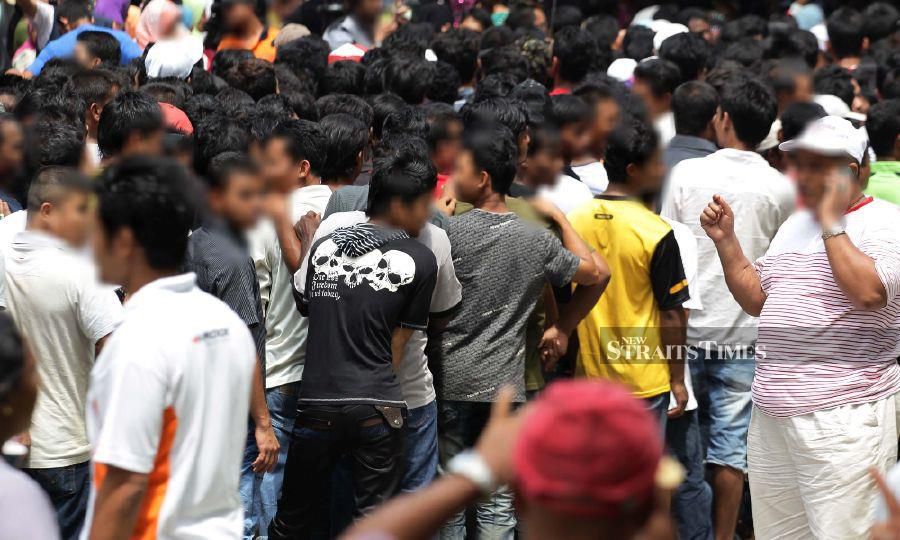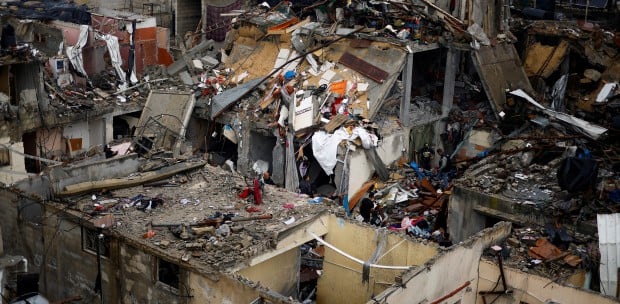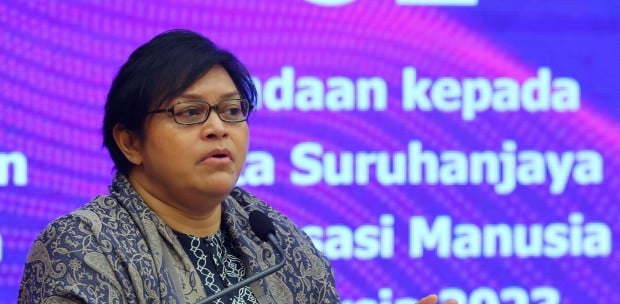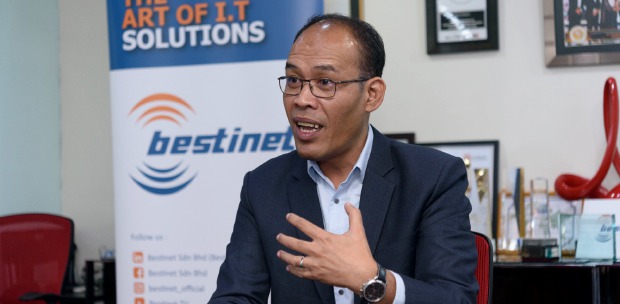We are six weeks into Malaysia's two-year tenure on the United Nations Human Rights Council (UNHRC).
We have sought, deserve and hope to use it as a platform to broaden the international community's understanding of human rights beyond Western-centric viewpoints.
However, we have already seen seven deaths in police custody since the start of the year. That's more than one death per week since Malaysia joined the UNHRC, not exactly a stellar beginning.
Police confirm that only one of the cases involved criminal elements and of the seven, four were deaths in lock-ups. One person died in the hospital and another died on the way to hospital.
We have also seen two major local companies struck with import bans in the United States over allegations that they were engaged in forced labour, but the government's response has appeared to be more concerned with the ban than the allegations themselves.
Custodial deaths have long been a grave concern here because they have never been properly addressed. A Criminal Investigation Unit on Deaths in Custody was established in December, only to see such deaths drastically rise thereafter.
The unit comprises 12 police personnel and one civilian staff member, but there are serious doubts as to the merits of having the police, essentially, investigating themselves.
While there have been arrests of officers in recent cases, punitive measures do not actually resolve the systemic issues that allow these cases to occur in the first place.
One of our aims in seeking a seat on the HRC was to demonstrate that each country is capable of upholding human rights by their own legal frameworks, without international pressure and intervention, because no one cares more or better understands the expectations and standards of a country more intimately than its own elected government.
When those whose function is to uphold the law but are unable to guarantee the safety and rights of those in their custody under the Federal Constitution, this represents an existential threat to the integrity of governance.
An independent board of inquiry is needed to investigate individual cases and determine the systemic failures that caused them.
Assigning blame and responsibility will not overcome institutional flaws or provide police with the tools and training needed to ensure deaths in custody do not occur. We need preventative not just punitive responses.
Islam is the religion of the federation and the standards of compassion, dignity, respect and fastidious adherence to legal procedure that define Islamic jurisprudence must pervade throughout every branch of the state, particularly the police.
These same standards of human dignity must be upheld in the private sector and we should not tolerate the abuse, coercion or exploitation of workers.
The National Action Plan on Forced Labour is a timely step. It was drafted during the government of former prime minister Tan Sri Muhyiddin Yasin after Malaysia's ratification of the International Labour Organisation's Protocol 29 on forced labour, and launched under the present government.
It is important to understand this issue as a fundamentally moral one.
If companies here are taught to avoid forced labour practices because foreign investors and importers refuse to do business (because of their own legal compliance issues) and not out of an understanding that such practices are morally repugnant and unacceptable to our society, then the abuses will not disappear, but will just be better concealed.
Prophet Muhammad said: "Pay the worker his wages before his sweat has dried", and in a well-known hadith Qudsi, Allah said that He would be the opponent on the Day of Resurrection against anyone "who employs a worker and takes full work from him but does not pay him for his labour".
These are our core values and we must demand that businesses in Malaysia operate according to these values. Malaysia's seat on the HRC is an opportunity for us to demonstrate our values as a nation.
These are sufficient to guide our legislative approach to human rights issues. We should vigilantly apply those values across the board within our society.
Deaths in police custody and forced labour practices are severe violations of what we stand for as a nation and who we are as a people.
Our values and beliefs are adequate motivations to excise these abominations from society. Time to put these issues on the forefront of our domestic human rights agenda.
The writer is founder and chairman of the Centre for Human Rights Research and Advocacy
The views expressed in this article are the author's own and do not necessarily reflect those of the New Straits Times





